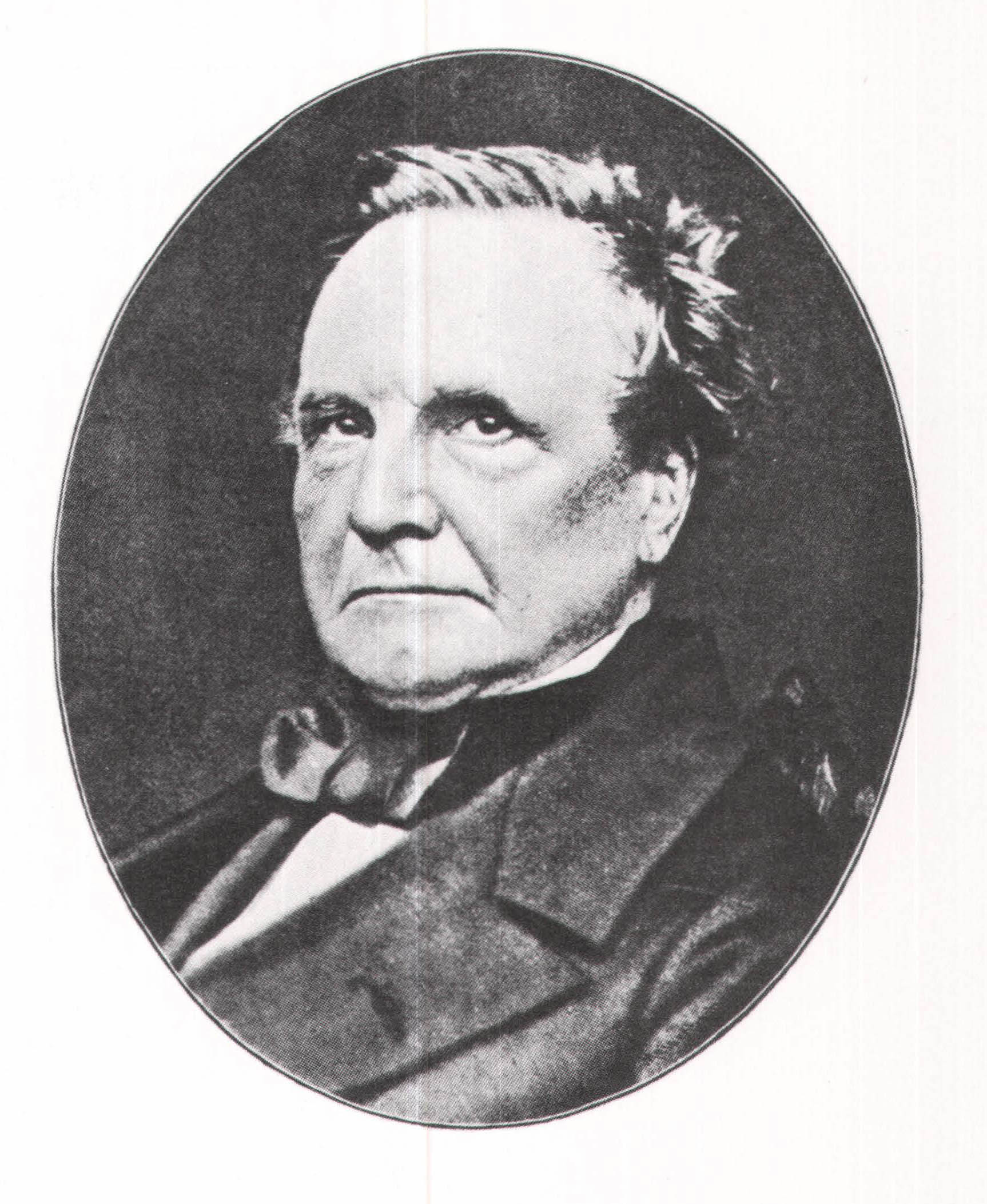In the last years of his life, Charles Babbage was a lonely, cranky old man. John Fletcher Moulton, a Cambridge mathematician, visited him a few years before his death. As Moulton recalled in a speech at the Napier Tercentary in Edinburgh in 1914,
In the first room I saw the parts of the original Calculating Machine, which had been shown in an incomplete state many years before and had even been put to some use. I asked him about its present form. “I have not finished it because in working at it I came on the idea of my Analytical Engine, which would do all that it was capable of doing and much more. Indeed the idea was so much simpler that it would have taken more work to complete the calculating machine than to design and construct the other in its entirety, so I turned my attention to the Analytical Machine.” After a few minutes’ talk we went into the next workroom where he showed and explained to me the working of the elements of the Analytical Machine. I asked if I could see it. “I have never completed it,” he said,” because I hit upon the idea of doing the same thing by a different and far more effective method, and this rendered it useless to proceed on the old lines.” Then we went into the third room. There lay scattered bit s of mechanism but I saw no trace of any working machine. Very cautiously I approached the subject, and received the dreaded answer,” It is not constructed yet, but I am working at it, and will take less time to construct it altogether than it would have taken to complete the Analytical Machine from the stage in which I left it.” I took leave of the old man with a heavy heart.
Back Continue to Chapter Three
